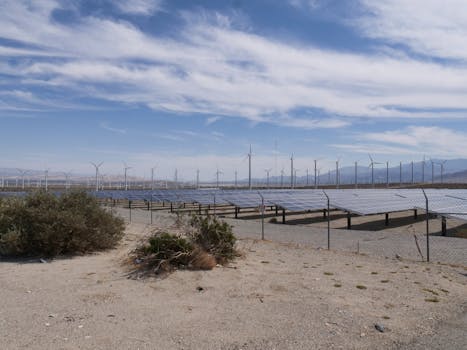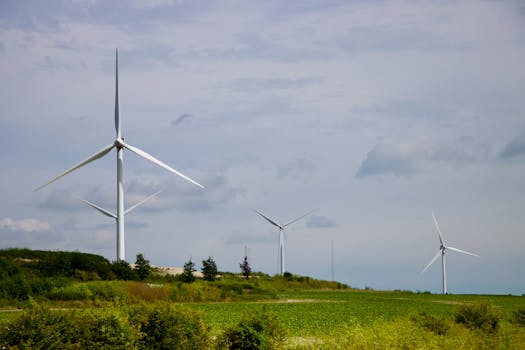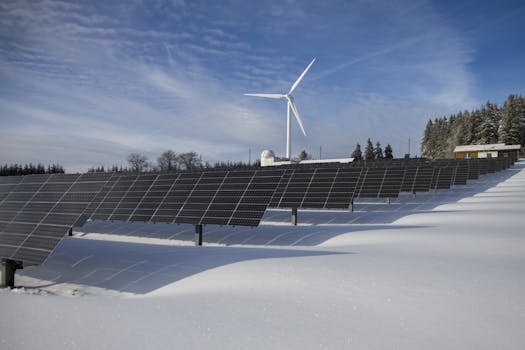
Introduction

Breakthroughs in renewable energy technology are revolutionizing the way we think about sustainability. As the world faces the challenges of climate change and resource depletion, innovative solutions are emerging to harness clean energy sources. This article will delve into recent advancements in renewable energy technologies, their implications for sustainability, and the future of energy production.
Advancements in Solar Energy

Solar energy has seen significant breakthroughs in recent years. New photovoltaic materials, such as perovskite solar cells, are being developed to increase efficiency and reduce costs. These materials promise to capture more sunlight and convert it into electricity with less environmental impact than traditional silicon-based cells.
Additionally, solar energy storage technologies are improving, allowing for greater energy independence and reliability. The integration of solar panels with batteries enables households and businesses to store energy generated during peak sunlight hours for use during the night or cloudy days.
Wind Energy Innovations

Wind energy is another sector experiencing rapid technological advancements. The development of larger and more efficient wind turbines has made it possible to generate more energy from the same amount of wind. Floating wind farms are now being deployed in deeper waters, where wind speeds are higher and more consistent, further enhancing energy output.
Moreover, advancements in predictive analytics and AI are optimizing wind farm operations by predicting wind patterns and improving maintenance schedules, which increases overall efficiency and reduces costs.
Hydrogen Fuel Cells

Hydrogen fuel cells represent a promising breakthrough in renewable energy technology. They convert hydrogen into electricity with water as the only byproduct, providing a clean energy source for various applications, including transportation and industrial processes. The production of green hydrogen, generated using renewable energy sources to split water molecules, is gaining traction as a sustainable solution to reduce carbon emissions.
Energy Efficiency and Smart Grids

Innovations in energy efficiency and the development of smart grids are essential for maximizing the benefits of renewable energy. Smart grids leverage advanced communication technologies to monitor and manage energy flows, enhancing the reliability and efficiency of energy distribution. This allows for better integration of renewable energy sources and helps to balance supply and demand in real-time.
Energy efficiency measures, such as smart home technologies and energy-efficient appliances, are also becoming more prevalent, reducing overall energy consumption and contributing to sustainability goals.
Conclusion

In conclusion, breakthroughs in renewable energy technology are paving the way for a more sustainable future. As innovations continue to emerge in solar, wind, hydrogen, and energy efficiency, the potential for reducing our carbon footprint and transitioning to a cleaner energy landscape becomes increasingly achievable. Embracing these advancements is crucial for fostering a sustainable planet for future generations.






